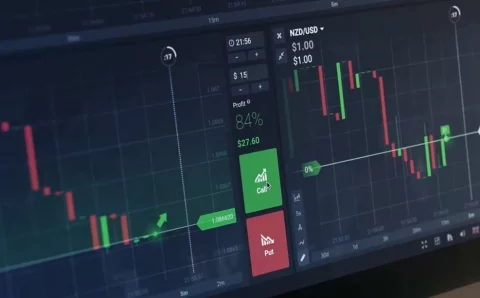[ad_1]
Traders are seeing hints that India’s central bank is seeking to drain record liquidity from the banking system, another sign that the global flood of pandemic-era easy money may begin to ease.
The Reserve Bank of India is increasingly shifting its forex intervention to the forwards market to keep from injecting rupee liquidity, according to traders and economists, including Madhavi Arora of Emkay Global Financial Services Ltd. The monetary authority is also signaling a taper to its outright bond purchases, or even do away with them totally, from next quarter, some of them said.
Amid the global move toward normalization, led by the US Federal Reserve, RBI Governor Shaktikanta Das has maintained that monetary policy will stay easy to ensure a durable economic recovery. But add to that expectations that India’s inflation will remain elevated, currency and bond traders are trying to gauge when the RBI will begin reversing course.

An RBI spokesperson didn’t respond to requests for comment.
The bank’s rate panel is due to review policy settings early next month. While the Monetary Policy Committee has held its key repurchase rate unchanged for the past seven meetings, the central bank can still tinker with the other rates, reserve ratios and liquidity tools it deployed during the pandemic.
“The economy is gradually recovering and emergency policy settings are no longer necessary,” said Sonal Varma, chief economist for India and Asia ex-Japan at Nomura Holdings Inc. “The first step is to reduce the quantum of durable liquidity injections via bond purchases and FX intervention or to sterilize them.”
A starting point could be keeping the excess liquidity in check amid huge inflows into the nation’s stocks and bond markets, traders said. Surplus cash that banks park with the RBI reached a record 10 trillion rupees ($136 billion) earlier this month, easing since to 7.5 trillion rupees, according to Bloomberg Economics India Banking Liquidity Index.
For now, the RBI has been sponging away cash for shorter duration via its reverse repo operations. It started with 14-day reverse repos and is now resorting to other durations.
The RBI will aim to drain four trillion rupees through a 14-day reverse repo and 500 billion rupees via a 4-day reverse repo on Friday.
Swaps & Sales
To keep from further adding to the cash pile, forex traders said, the RBI has been entering into so-called sell-buy swaps in the forwards market, which has pushed up the implied yields in recent weeks.
In another signal, the central bank has, for two successive auctions, announced a sell leg to its bond purchase tranches under its government securities acquisition program, or GSAP, citing current liquidity conditions.
“We now expect RBI to discontinue outright GSAP purchases completely from 3Q onwards,” economists led by A. Prasanna at ICICI Securities Primary Dealership Ltd. wrote in a report Tuesday. “The question remains whether RBI will unveil GSAP 3.0 as a simultaneous buy and sell, i.e. Operation Twist program.”
To be sure, the RBI is expected to stay cautious amid a large government borrowing program and fragile rebound from the pandemic.
“RBI’s actions still reflect a move toward liquidity redistribution and somewhat a move toward normalization of liquidity, but short of actual tightening,” said Arora, lead economist at Emkay Global.
 Dear Reader,
Dear Reader,
Business Standard has always strived hard to provide up-to-date information and commentary on developments that are of interest to you and have wider political and economic implications for the country and the world. Your encouragement and constant feedback on how to improve our offering have only made our resolve and commitment to these ideals stronger. Even during these difficult times arising out of Covid-19, we continue to remain committed to keeping you informed and updated with credible news, authoritative views and incisive commentary on topical issues of relevance.
We, however, have a request.
As we battle the economic impact of the pandemic, we need your support even more, so that we can continue to offer you more quality content. Our subscription model has seen an encouraging response from many of you, who have subscribed to our online content. More subscription to our online content can only help us achieve the goals of offering you even better and more relevant content. We believe in free, fair and credible journalism. Your support through more subscriptions can help us practise the journalism to which we are committed.
Support quality journalism and subscribe to Business Standard.
Digital Editor
[ad_2]
Source link





